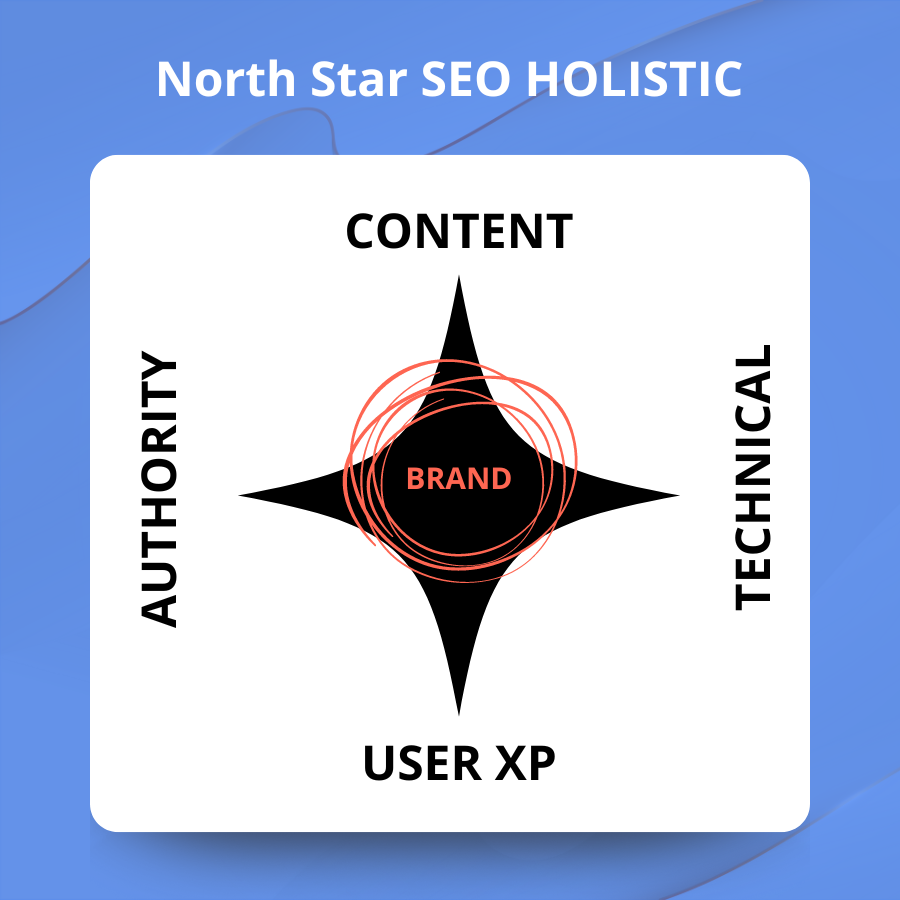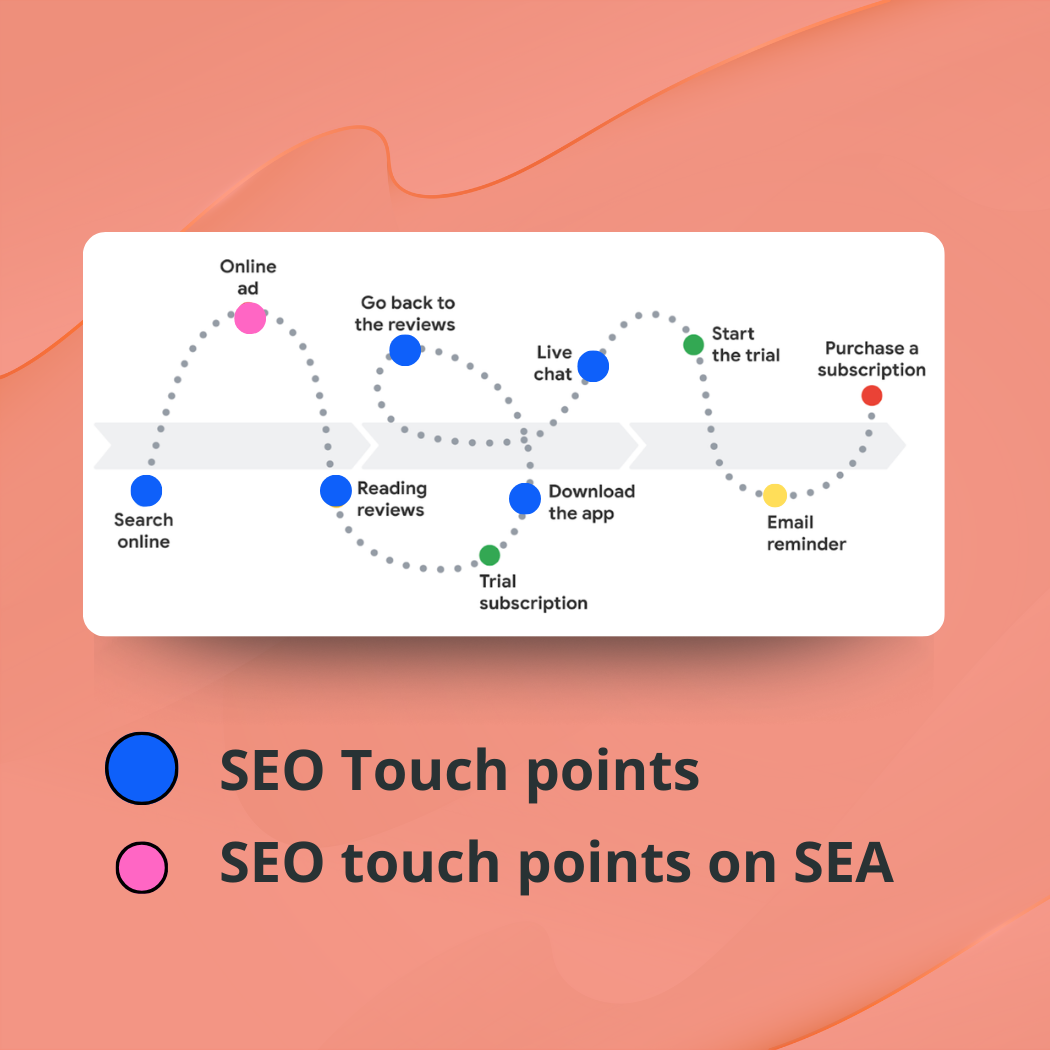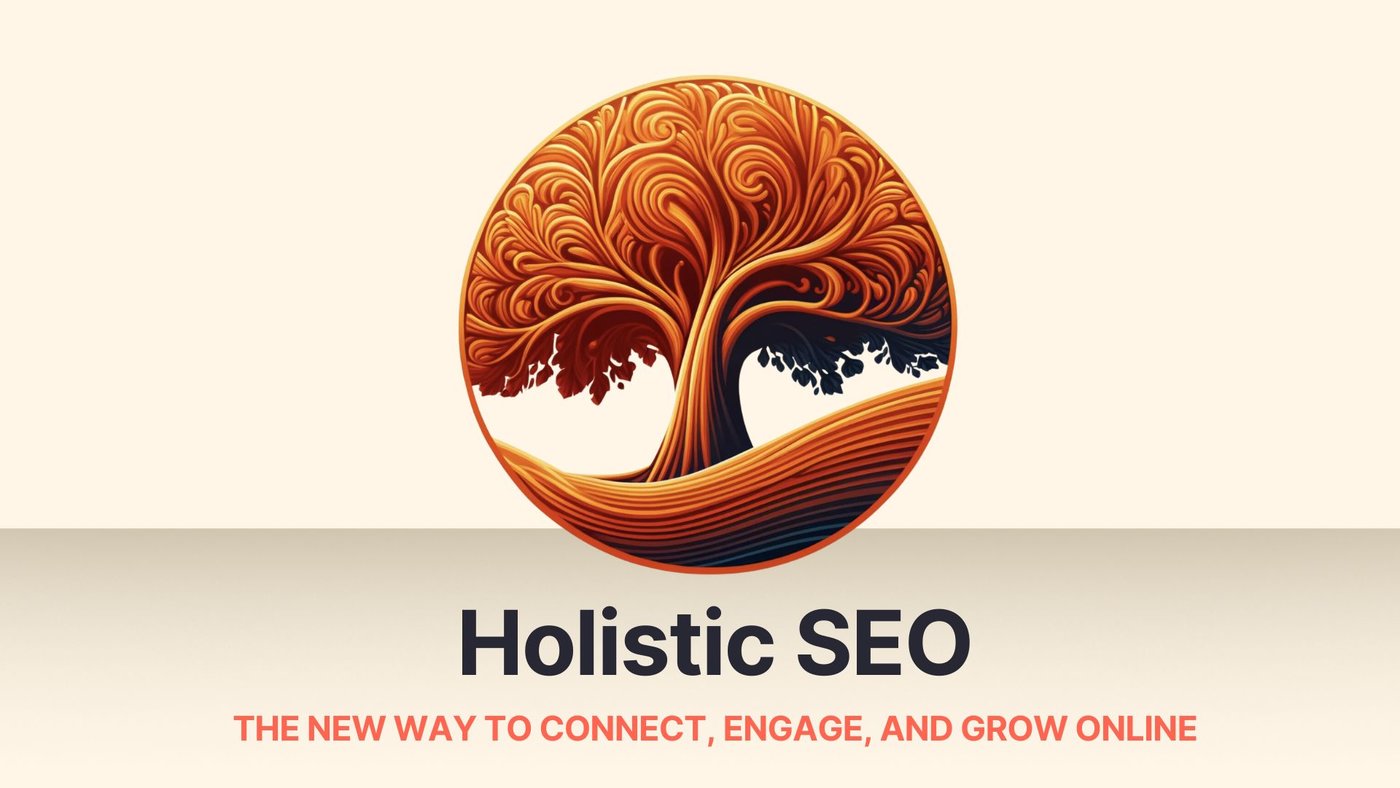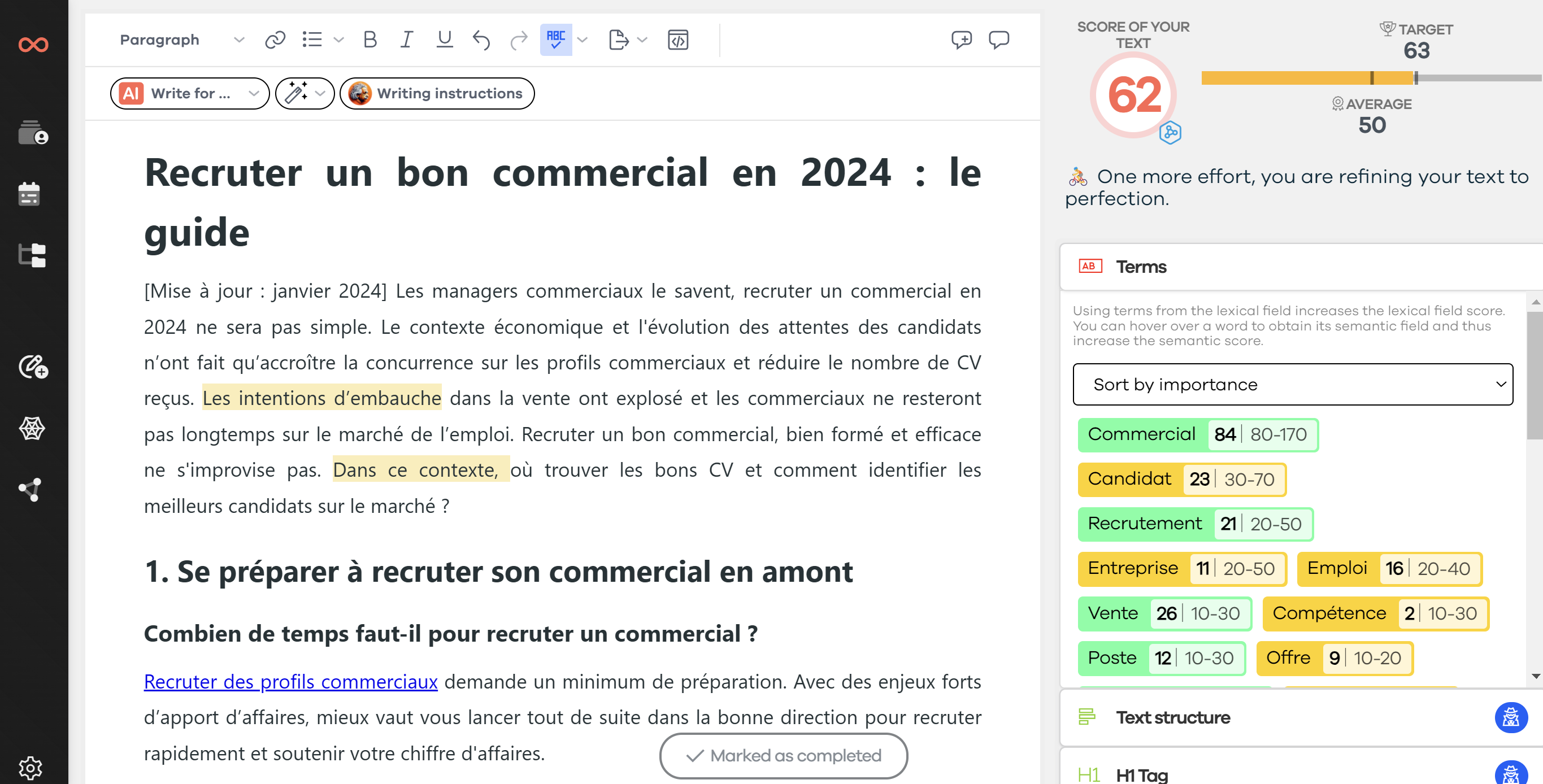The holistic SEO is an innovative approach that revolutionizes the field of digital marketing. Unlike traditional SEO strategies that focus primarily on technical aspects, holistic SEO adopts a comprehensive view by integrating user experience, content quality, and social interaction.
This approach recognizes that a website's success depends not only on its technical optimization but also on its ability to provide a quality user experience, relevant and engaging content, and an active social presence. Holistic SEO aims to optimize all these aspects coherently and complementarily to maximize site visibility, attract qualified traffic, and improve conversion rates.
By adopting a holistic SEO strategy, businesses can ensure that their website is optimized not only for search engines but also for users. This approach promotes the creation of quality content that meets the needs and expectations of visitors, while encouraging engagement and sharing on social networks. Holistic SEO thus allows building a strong and lasting online presence, establishing the site's credibility and authority in its field.
✨ What is holistic SEO?
Holistic SEO is a comprehensive approach to organic search optimization that goes beyond one-off tactics to focus on the overall performance of the site. Unlike "classic" SEO, which optimizes individual pages for specific keywords, holistic SEO considers the website and the business as a whole.

The 4 pillars of holistic SEO are:
- Authority: the popularity and trust of a site measured by off-site factors such as the number and quality of incoming links (backlinks), brand mentions and citations on social networks, online press, etc. The more your site is recognized as a reliable source by other web players, the more importance Google will give it.
- Content: the depth, freshness, and relevance of content in relation to users' queries and intentions. It's no longer just about using the right keywords, but about covering a topic in depth by providing real added value. Natural language processing algorithms like BERT or MUM allow Google to better understand the semantics and context of a page.
- Technical: performance (loading speed, mobile optimization...), crawlability (internal link structure, crawl depth...), indexing (meta robots tags, sitemap.xml...) and page structuring (structured data, semantic markup...). Technical excellence is a prerequisite for your content to be discovered and understood by search engines.
- User experience: design, ergonomics, navigation, bounce rate, engagement signals (time spent on the page, number of pages viewed...). Google uses user behavior metrics to assess the quality of the experience offered (navboost). A site with a good user experience will see its visitors interact positively, which will strengthen its positions.
This 360° vision is essential to adapt to Google's algorithm evolution. Major updates like Panda (against low-quality content), Penguin (against artificial links), EAT (for Expertise, Authority, Trust), or Helpful Content Update (against content created for engines) show that Google favors sites that offer the best overall experience to users.
Gone are the days when optimizing a few tags was enough to climb the search results! Nowadays, consumers want more autonomy, and a strong brand presence through SEO across the entire user journey becomes the standard.
🧠 How to implement a holistic SEO strategy?
Generally, to implement an effective holistic SEO strategy, I proceed methodically by following these steps:
- Create a "marketing foundation" document to clearly define your offer, target audience, and positioning. What products or services do you offer? What is your competitive advantage? Who are your ideal customers and what are their needs, motivations, and barriers? By answering these questions, you can create content and experiences that align with your users' expectations.
- (optional) Perform a global site audit on the pillars of holistic SEO to identify strengths, weaknesses, and areas for improvement across the 4 pillars: in short, a SWOT matrix.
- Conduct a strategic study of SEO themes and content to identify competitors in place and their strategies. If you already have a site, identify your thematic coverage based on your customers' needs (see Marketing Foundation step).
- Plan optimization actions by prioritizing quick wins and distributing tasks among different areas (content, technical, authority, UX): ICE SEO matrix.
By aligning your SEO with your overall marketing strategy, you can create synergies between your digital actions and maximize your ROI. Holistic SEO is not an end in itself but a powerful lever in the service of your business objectives!
⚖️ What are the business benefits of holistic SEO?
It's very simple.
By adopting a holistic SEO approach, you not only optimize your organic search performance: you strengthen the overall performance of your online business. By working together on authority, thematic coverage, technical aspects, and especially user experience, you create a virtuous digital ecosystem that boosts your visibility, traffic, and conversions.
A well-built site, meaning rich in content relevant to your target audience and recommended by trusted sources, will more easily win the favor of Google's algorithms. Finally, by offering an optimal user experience, you will more effectively convert this traffic into leads and customers. And so on...
The importance of maximizing "user touchpoints":
Beyond SEO, a holistic strategy strengthens the awareness and brand image of your company through multiple user touchpoints on their purchasing journey. Being present at all touchpoints should be more important than focusing on ranking and conversion for a keyword. Indeed, users are increasingly conducting nuanced searches, not necessarily clicking but seeing certain sites (=brands) appear regularly.

So by creating quality content that meets the needs of your target audience, you develop a relationship of trust and proximity. Your brand will be perceived as an expert and attentive, which will encourage engagement and loyalty. Holistic SEO thus creates a virtuous circle between organic search and branding.
Holistic SEO, the future of SEO
In my experience, holistic SEO is the key to performing sustainably on search engines and getting the most out of your online presence. By considering your site (and your brand) as a coherent whole and working simultaneously on authority, content, technical aspects, and user experience, you send positive signals to Google and users. This comprehensive approach must be integrated into every stage of a company's web marketing thinking.
Need to go further?
If you need to delve deeper into the topic, the editorial team recommends the following 5 contents:

